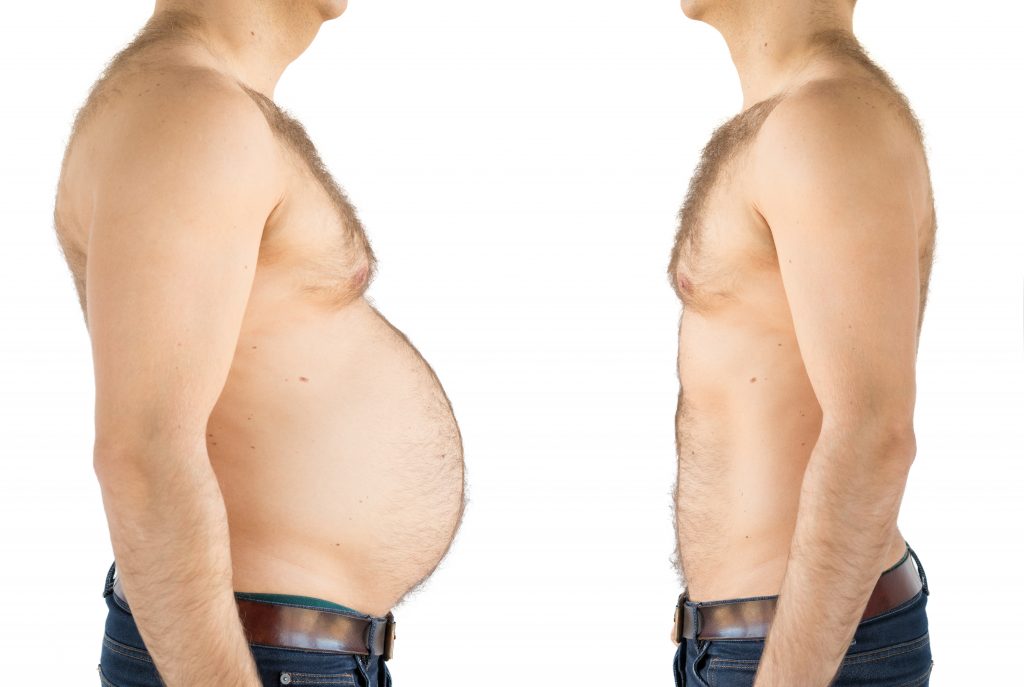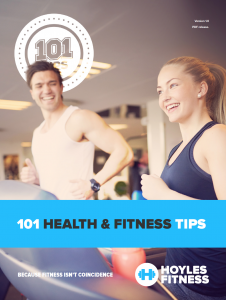Disordered Eating… It’s Time You Stopped the Nutritional Virtue Signalling
This Christmas I’ve noticed something I haven’t really seen before. It’s a new thing as well, because none of the other variables involved have changed. It’s this hyper-patronising ‘you can eat what you want this Christmas and don’t let anyone tell you otherwise’ advice that has been posted all over social media.
It’s aimed at helping people deal with disordered eating, but it’s really not helpful.
Let’s start by looking at the variables in play…
- Social media – not new
- The people I follow – largely not new
- Christmas being a time of indulgence – not new
- People feeling the need to tell people to eat what they like – definitely new
I’d like to offer some balance to this recent phenomenon, because with 20 years of working in the fitness industry, I’m somewhat qualified to offer insight.
Mental health around food, and food disorders in general are a spectrum. Some exist on the overeating end, some exist on the underrating end.
As you can see from my HIGHLY scientific diagram below…

Disordered eating presents itself in multiple different ways, but for those who are (let’s be honest), virtue signalling about the issue, they always look at it from the same angle… that people who are likely to overeat are the only ones who feel guilty for disordered eating.
It’s simply not true.
What they’re doing is looking at a societal label of disordered eating (the negative connotations associated with being overweight) and assuming that heavier people are the only ones who will struggle with their behaviours around food at this time of year. They’re then acting as a cheerleader, supporting their right to indulge.
On the face of things, that’s a great message. It encourages positivity and self esteem. I understand the sentiment, but it’s first order thinking.
Disordered eating causes all kinds of illogical thinking
Behavioural science is complex, and we’re not all wired the same way.
There are many people out there who struggling at the other end of the spectrum. They struggle to control the negative thoughts and anxiety around the potential indulgence. I’ve worked with people who suffer from these thought processes. I have friends who think like that.
For those people, being told to ‘eat as much as you like and don’t feel guilty’ really isn’t helpful. It’s akin to telling a recovering alcoholic to have a drink. But we minimise their problems, because they’re not overweight. Nobody is body-shaming a slim person, are they?
Where the problem starts…
We tend to bend our opinions to the people we perceive to be most vulnerable. In this case, the overweight people.
There’s a social pressure around how we view people’s weight. We’re told what’s right or wrong. What’s good or bad. What we can and can’t say, or to a point, have an opinion on.
I’ll give you an example from our world, the fitness one…
A fitness business isn’t allowed to use before and after weight loss pictures on social media (Facebook and Instagram) advertisements. They can post them on pages (where the organic reach is tiny), but if they try to advertise their weight loss services using graphical examples of weight loss, they can’t.
They can’t because it violates the advertising terms and conditions. These adverts aren’t approved and can see you banned from the platform. An image like the one below wouldn’t be allowed on a Facebook advert…

The argument is because it shows one body type as ‘better’ than the other, and that’s ‘insensitive’.
What that attitude doesn’t consider is the person who actively WANTS to achieve weight loss. The person who is looking for the right coach to help them lose weight in a healthy and successful way.
Here’s a reality we’re losing in amongst the emotional elements of the argument…
Some people who are overweight are desperately unhappy. They don’t want to be overweight. And there’s nothing wrong with that. There’s nothing wrong with wanting to change because it benefits you. Not all weight loss is driven by a desire to be a certain dress size.
There’s an assumption people want to control their eating because they want to look a certain way.
Here’s a revelation for you…
Plenty of people don’t give a mouse-sized shit about how they look, or what dress size they are. Their motivation to lose weight could stem from wanting to avoid health problems. They might have had three family members die from a heart attack and don’t want to be the fourth.
They might want to lose weight to improve their chances of having a baby, or avoid certain cancers, or diabetes.
They might want to lose weight so they can play with their kids.
So please, don’t assume all weight loss stems from vanity. It doesn’t. There’s a lot of reasons why people want to lose weight. Not all of them are because society tells us what size we should be.
Back to the social media thing…
The nauseating, virtue-signalling social media posting I’m talking about usually comes the same kind of source…
Usually a person who is fit, athletic and lean. A person who has NEVER struggled with disordered eating in any fashion, or worked with those who have. It’s a bit like the wealthy members of society telling those less well off that they should buy organic meat, not the factory farmed chicken.
They’ll tell you to ignore anyone who tries to tell you what to eat (without spotting the irony that that’s pretty much what they’re doing).
It’s super patronising, masquerading as cheerleading for those who struggle.
So, please… If you’re one of the people who has told people to relax about their food intake, well frankly, you’ve got no business giving people advice. Please stop. It’s absolutely nothing to do with you. There are all kinds of disordered eating, so take the blinkers off and consider the other viewpoints.
So what does good advice look like?
It starts by understanding people have different types of disordered eating. They also have different reasons for losing weight.
Not all weight loss is about vanity.
Next, unless you’re qualified to speak on the matter, or have been paid to give your opinion on the subject… Shut up. Post about something else. Your cat. Your kids. Your food. Your new TV. Whatever. Anything.
Why?
Because the fact that you know it’s an emotive enough subject to speak about, should give you a big enough clue that there’s probably more than one view point on the matter.
In my experience of working with people at both ends of the disordered eating spectrum, the best advice should be this…
- If you feel you need to stay strict with your food intake, because the negative effects of not staying strict are worse, stay strict.
- If you feel you need to train to justify the extra calories, do so. Don’t let someone on social media tell you otherwise. You know your reality.
- If by not doing that, you’re likely to spiral into an anxiety-drive, high stress mental state, do what you need to do to avoid it. Don’t ruin your Christmas because a social media influencer told you to eat what you like, against your better judgment.
- If your version of relaxing is to feel like you’ve earned it, go ahead.
- Likewise, if you want to indulge yourself, and you don’t feel any need to ‘earn’ the calories, or to do anything active… that’s cool too. Don’t put any pressure on yourself to change or dance to someone else’s tune.
You be you.
Now, for those who have told others how they should or shouldn’t eat on social media this week…
We don’t feel the need to weigh in on how an alcoholic or a drug addict manages their addictions, but food seems fair game. It’s not. And don’t minimise the battle some people have with food – for a lot of people, their daily struggles with food are every bit as real as those suffering with drug or alcohol problems.
So, rather than patronisingly ‘give permission’ for people to eat what they like, why not get off that nutritional high horse and let people do as they want to, or even need to?
Don’t assume all eating issues stem from overeating.
Don’t assume all control over food intake is a bad thing.
And certainly don’t assume all desire for weight loss comes from a place of vanity, or to look a particular way.
